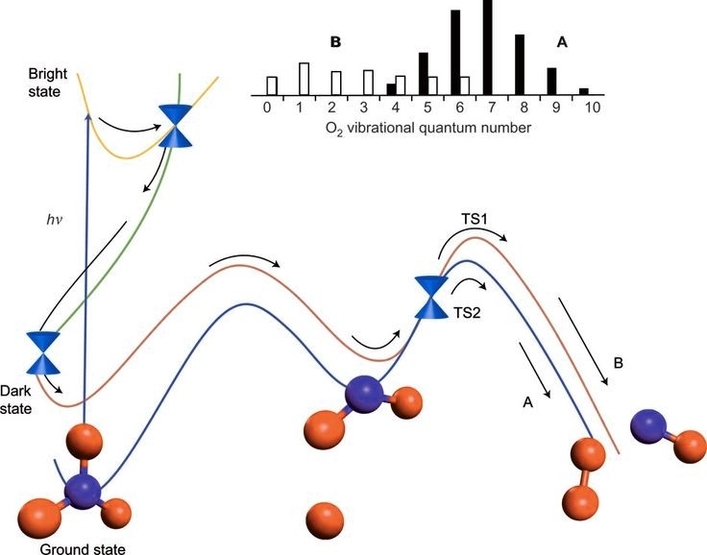
Chemistry 59 is a broad topic that encompasses a wide range of chemical concepts and principles. It is difficult to cover all of these topics in just 1000 words, but I will do my best to provide a brief overview.
Chemistry 59 is a course that is typically offered at the university level. It is an analytical chemistry course that focuses on the principles and techniques used to analyze chemical compounds. The course covers a wide range of topics, including spectroscopy, chromatography, and electrochemistry.
pectroscopy is the study of the interaction between light and matter. It is used to identify and quantify chemical compounds. There are several different types of spectroscopy, including infrared spectroscopy, ultraviolet-visible spectroscopy, and nuclear magnetic resonance spectroscopy.
Chromatography is a technique used to separate and analyze mixtures of chemical compounds. There are several different types of chromatography, including gas chromatography, liquid chromatography, and ion chromatography.
Electrochemistry is the study of the relationship between electricity and chemical reactions. It is used to study the properties of electrochemical cells and to measure the concentration of chemical compounds.
In addition to these topics, Chemistry 59 also covers a wide range of other topics, including acid-base equilibria, chemical kinetics, and thermodynamics. Acid-base equilibria is the study of the behavior of acids and bases in solution. Chemical kinetics is the study of the rates of chemical reactions. Thermodynamics is the study of the relationships between heat, energy, and work.
Overall, Chemistry 59 is a fascinating course that covers a wide range of topics in analytical chemistry. It is an essential course for anyone interested in pursuing a career in chemistry or related fields.
